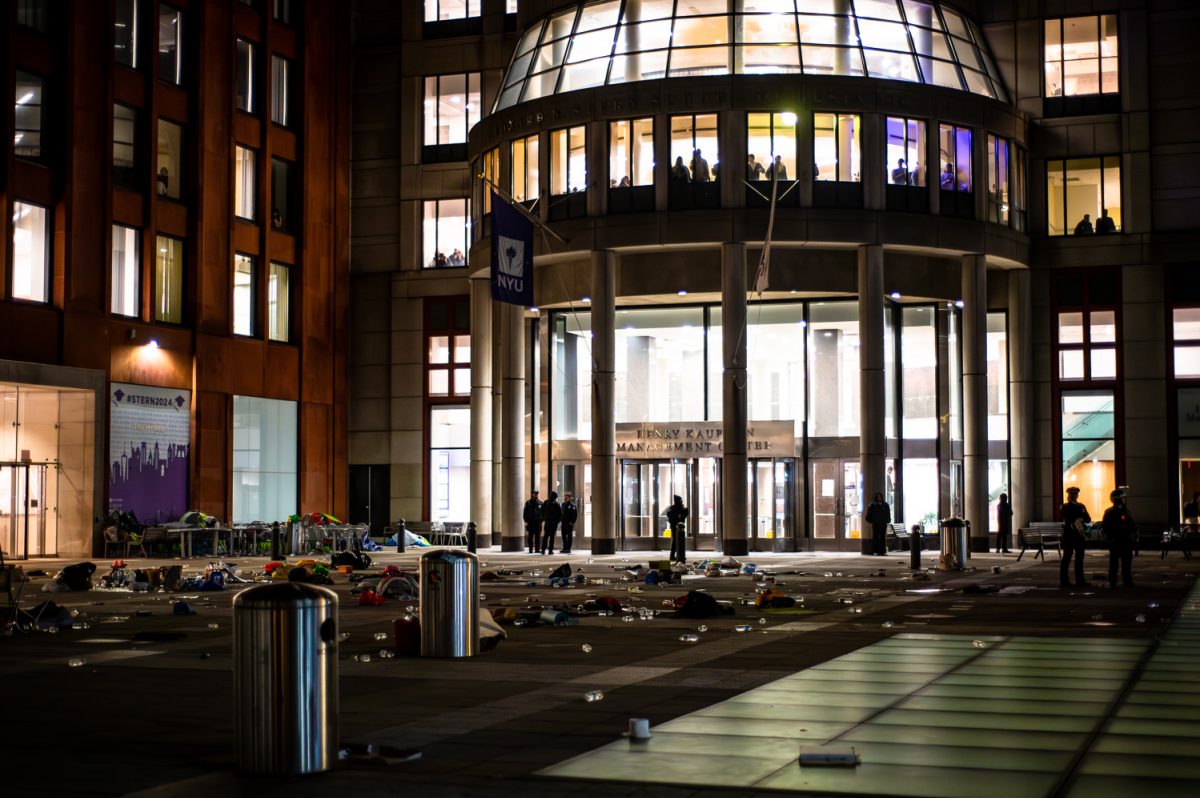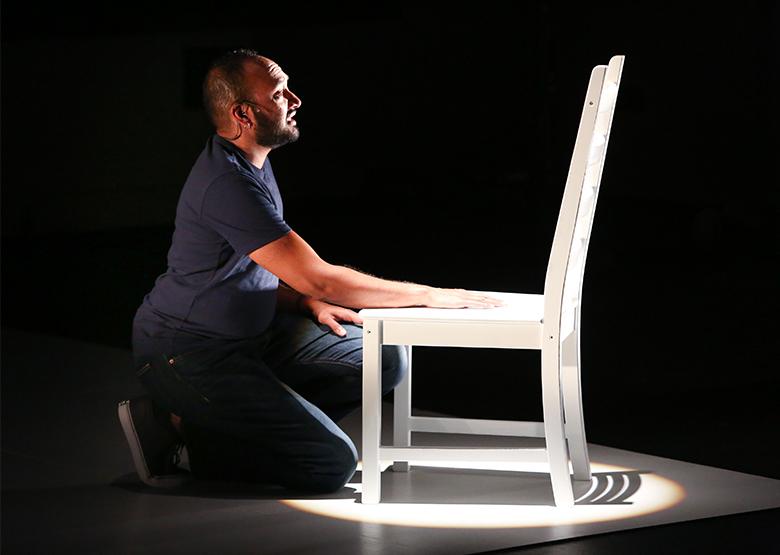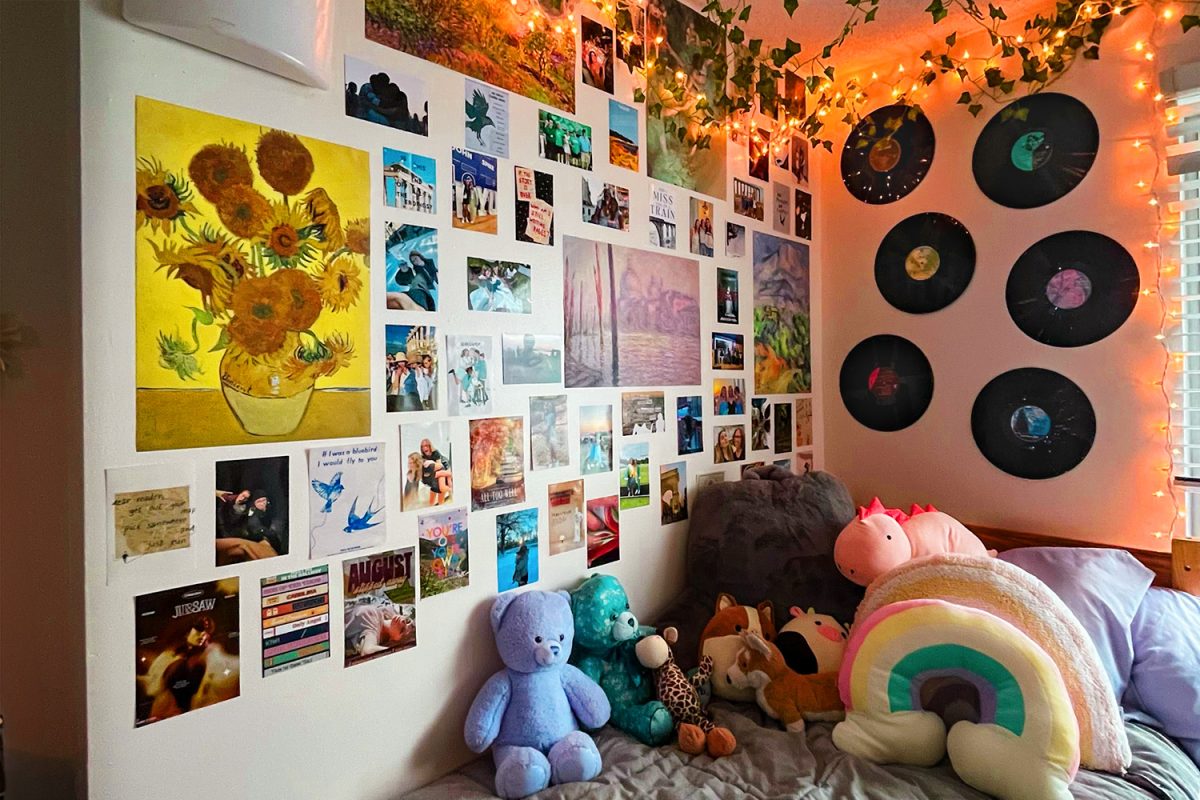Deen’s ‘Draw The Circle’ Sparks Transgender Discussion
Mushuq Mushtaq Deen’s “Draw The Circle” is a one man show telling the story of a Muslim American’s transition.
September 15, 2016
On Sept. 10, the 2016 F*ck!ng Good Pl@ys Festival at the Rattlestick Playwrights’ Theater opened with a staged reading of Mushuq Mushtaq Deen’s “Draw The Circle,” with all of the characters played by Deen himself. It tells the story of a Muslim American’s transition from female to male, solely through the monologues of the people who experienced this transition with him. Largely autobiographical, Deen manages to convey all of the experiences and emotions that came with his transition without ever speaking as himself. It is through this masterful form of storytelling that he not only creates his own character but also showcases the range and complexity of emotion felt by his close friends and family, reminding the audience of love’s immense capability to both build and destroy.
Deen’s combination of the clever and the profound makes for a play that is both witty and informative, without preaching any particular view other than one of empathy. Amidst an age of bathroom bills and high rates of suicide among transgender teenagers, “Draw The Circle” shows that hope for a loving, inclusive future is possible, if only time was taken to understand the point of view of those trying to live their most honest lives. As Molly, Deen’s girlfriend, sings, “It’ll be alright when the mist clears away.” The play ends as the audio of various news segments addressing transgender issues are layered over each other. Deen stands shirtless center stage, staring straight ahead. This powerful ending serves as a symbolic reminder of intrinsic humanity, no matter our differences.
There was a Q&A session with the playwright and sole actor after the reading during which all members of the audience were invited to share one word they would use to describe the play. Responses included words such as “touching,” “brave” and “illuminating.” The audience, clearly eager to make their appreciation known, jumped at the chance to thank Deen for his honest writing and raw performance.
When asked why he felt it was so important to portray all of the characters with empathy, including those of his parents who struggled to accept his transition, Deen replied that the purpose of the play was to “draw a circle that invites everyone in,” one that does not seek to alienate or cut anyone out. “I don’t want anyone to ever be pushed out of the circle,” he said.
In a time where polarization is the norm and listening to the other side seems like a betrayal of one’s own beliefs, Deen seeks to promote a culture of communication founded on love. Though a story about a transgender Muslim American may sound specific, the theme of family and the lengths people will go to for their loved ones is one that is universal. With its refusal to water down the transgender experience and its embrace of hope and warmth, “Draw The Circle” is a relevant, truthful piece of theatre, and, hopefully, it will continue to grow and develop, to see many new stages and widen the circle it has formed.
Email Amanda Quinn at [email protected].











































































































































